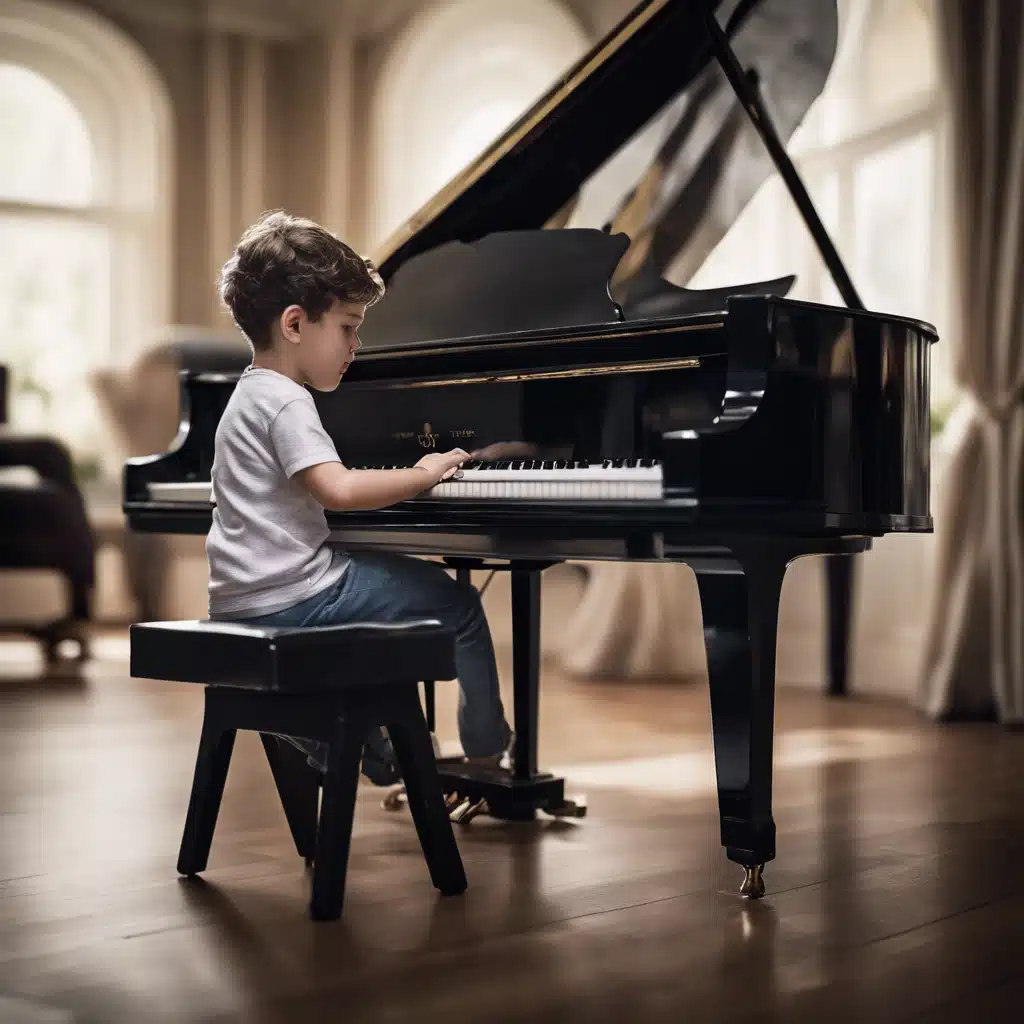Your Piano Journey Begins!
Explore Our Guide to purchasing a piano
Choosing the right piano is a significant decision, and at Roberts Pianos, we’re here to guide you through every step. Our comprehensive advice section covers essential topics, including the differences between grand and upright pianos, the importance of tone, and considerations for both acoustic and digital instruments. We also provide insights into piano longevity and maintenance, ensuring your instrument remains in optimal condition for years to come. Whether you’re a beginner or an experienced pianist, our goal is to equip you with the knowledge needed to make an informed and confident choice.
Grand vs upright pianos
When choosing between a grand piano and an upright piano, it’s essential to understand why grand pianos are often considered the superior choice.
• Superior Key Action & Control – Grand pianos feature longer keys, providing greater leverage and control for more precise playing. Their advanced action includes a repetition lever, allowing for faster note repetition and greater dynamic control—a feature uprights lack.
• Enhanced Tone & Projection – Thanks to their horizontal design and larger soundboard, grand pianos produce a richer, more resonant sound with superior tone projection. The extended string length and gravity-assisted actioncontribute to a smoother, more responsive touch.
• Sustaining Power & Tonal Depth – Most grand pianos are longer than uprights, allowing for greater tonal depthand sustaining power. This makes them the preferred choice for serious pianists, performers, and those seeking a more expressive musical experience.
While upright pianos are a great option for compact spaces and affordability, grand pianos provide unparalleled performance and artistic expression, making them the gold standard in piano craftsmanship.

The importance of tone
Tone is the shape, texture, and resonance of a piano’s sound. While all pianos produce music, the real question is: Does the tone of this piano resonate with you? Finding the right piano means choosing an instrument that sounds pleasing to your ears and inspires your playing.
Why we don’t recommend buying spinet pianos. This video illustrates some of the reasons.
Some thoughts about buying a piano, whether to go acoustic, digital, grand, or upright.
Celeste rails can be very useful when you are trying to practice late into the evening with children sleeping, or when your child is practicing the same piece multiple times, it can reduce the sound by quite a bit!
How long will a piano last
The structural frame of a piano is built to last and rarely cracks. However, felts, hammers, and wooden componentsare more sensitive to humidity fluctuations and natural wear from playing.
With regular use, friction between moving parts will cause gradual wear, but the joy of playing far outweighs the cost of maintenance. For those who play 30 minutes to an hour daily, periodic adjustments are essential.
Over time, pianos naturally shift out of alignment, making regular maintenance by a skilled technician crucial—not just for tuning, but also for regulation, hammer reshaping, and overall care to keep your instrument in top condition.
What are some questions that are less obvious?
Best Accessories
Invest in a padded piano bench—you’ll appreciate the comfort over time. Woodtop benches may look traditional, but they can be uncomfortable for long playing sessions. A well-padded bench helps reduce fatigue and makes extended practice more enjoyable.
Katz Clips are a good investment on upright pianos for holding books open.
Is the Piano Tall Enough for Me?
Since pianos have a fixed height, investing in an adjustable bench can help you align your wrists correctly and accommodate multiple pianists. If you’re taller, check our stocklist for legroom measurements. While pianos can be slightly raised with casters, there is a limit—so ensuring your comfort is more important than you might think.
What Kind of Work Is Done on the Pianos?
We follow a detailed checklist to ensure every piano is in optimal playing condition. This includes pedal hardware adjustments, action component alignment, and thorough inspections. Each piano is treated individually with meticulous attention to detail. We also provide a guarantee in case any aspect of the preparation process needs further refinement.
Should I Buy an Acoustic or Digital Piano?
Years ago, while in the UK, I encouraged my father to introduce a digital piano department at his store. During university, I relied on digital pianos for recording and performances, and they remain a great option for traveling musicians. The marketing around digital pianos highlights their ease of maintenance, and they have indeed benefited many players.
However, over time, I realized that digital pianos lack the depth and richness of sound that acoustic pianos naturally produce. While some high-end digital models now feature soundboards and weighted actions, they still lack real strings and the nuanced touch of an acoustic piano. Many world-class musicians still prefer acoustic pianos for inspiration, composition, and performance—some even travel with upright pianos despite the need for a technician.
Acoustic pianos provide a superior playing experience, and I have many stories to share on this topic—perhaps another time.
Do You Offer Delivery?
Yes, we coordinate piano delivery for your convenience. We work with trusted providers to match your area and delivery requirements. Additionally, we handle some upright piano deliveries ourselves.
Benches
Upgrading Your Piano Bench
One of the simplest yet most effective upgrades when buying a piano is upgrading the bench. If a piano we stock doesn’t include a bench, we often pair it with a padded adjustable bench for added comfort and flexibility.
A padded adjustable bench is ideal because it allows each player to find the right height, ensuring proper wrist alignment and playing posture. The padding also provides better support, reducing strain on the lower back and making longer playing sessions more comfortable.
Are pianos an investment?
Buying a piano should not be viewed as a financial investment. While high-end brands like Steinway or Mason & Hamlin tend to retain their value longer, private sale prices often do not match store prices. Instead of expecting a financial return, it’s better to see a piano as an investment in an enriched lifestyle.
Think of it like skiing—you purchase the skis, the pass, the flights, and the hotel, not for financial gain but for the experience. Music works the same way. The resale value of an instrument may not always align with its original price, but the memories created through playing are priceless.
Many pianos are restored not just for their musical value but because they hold deep sentimental significance. Music often becomes an essential part of a loved one’s legacy, woven into a family’s memories and identity.


